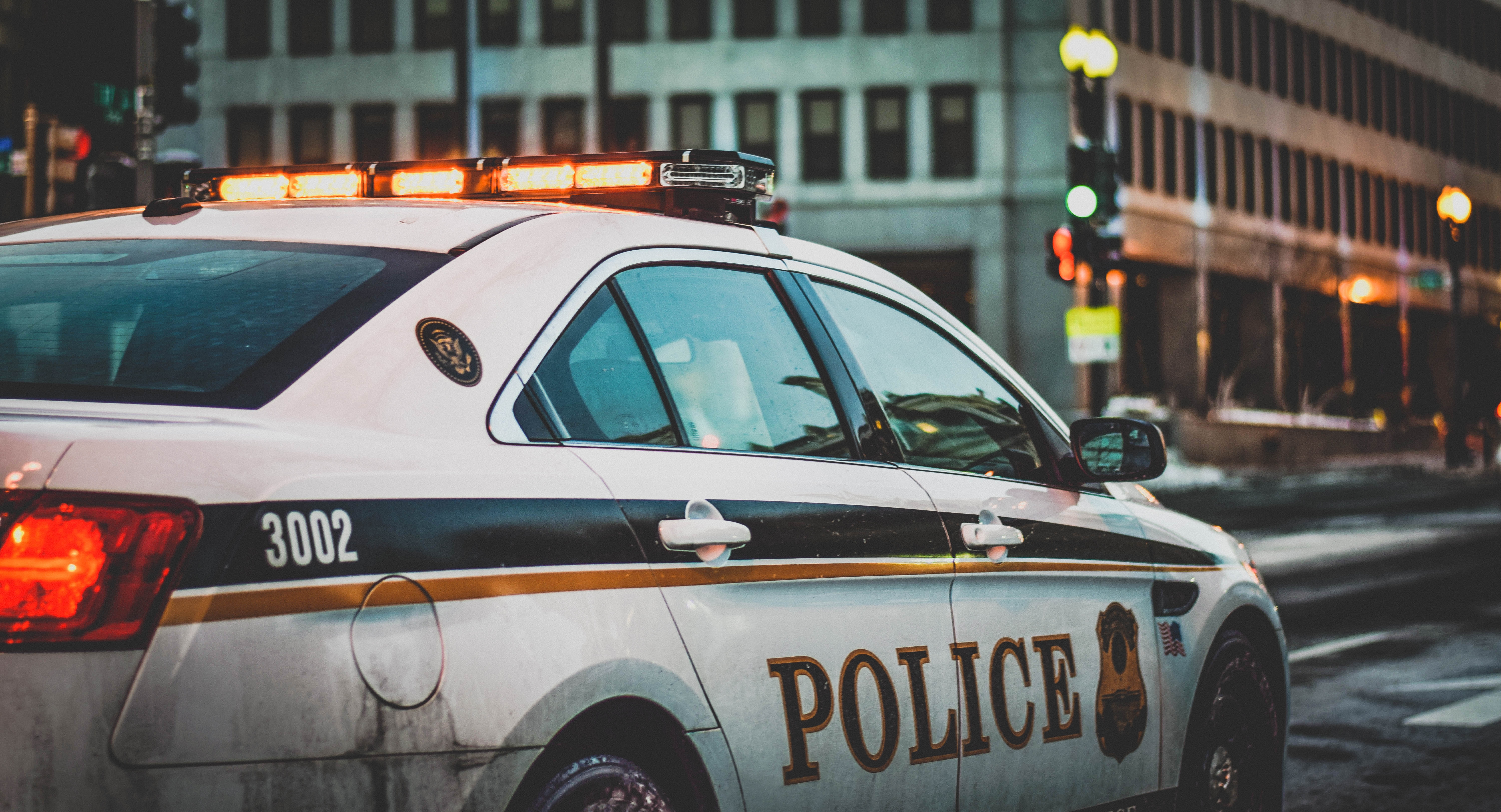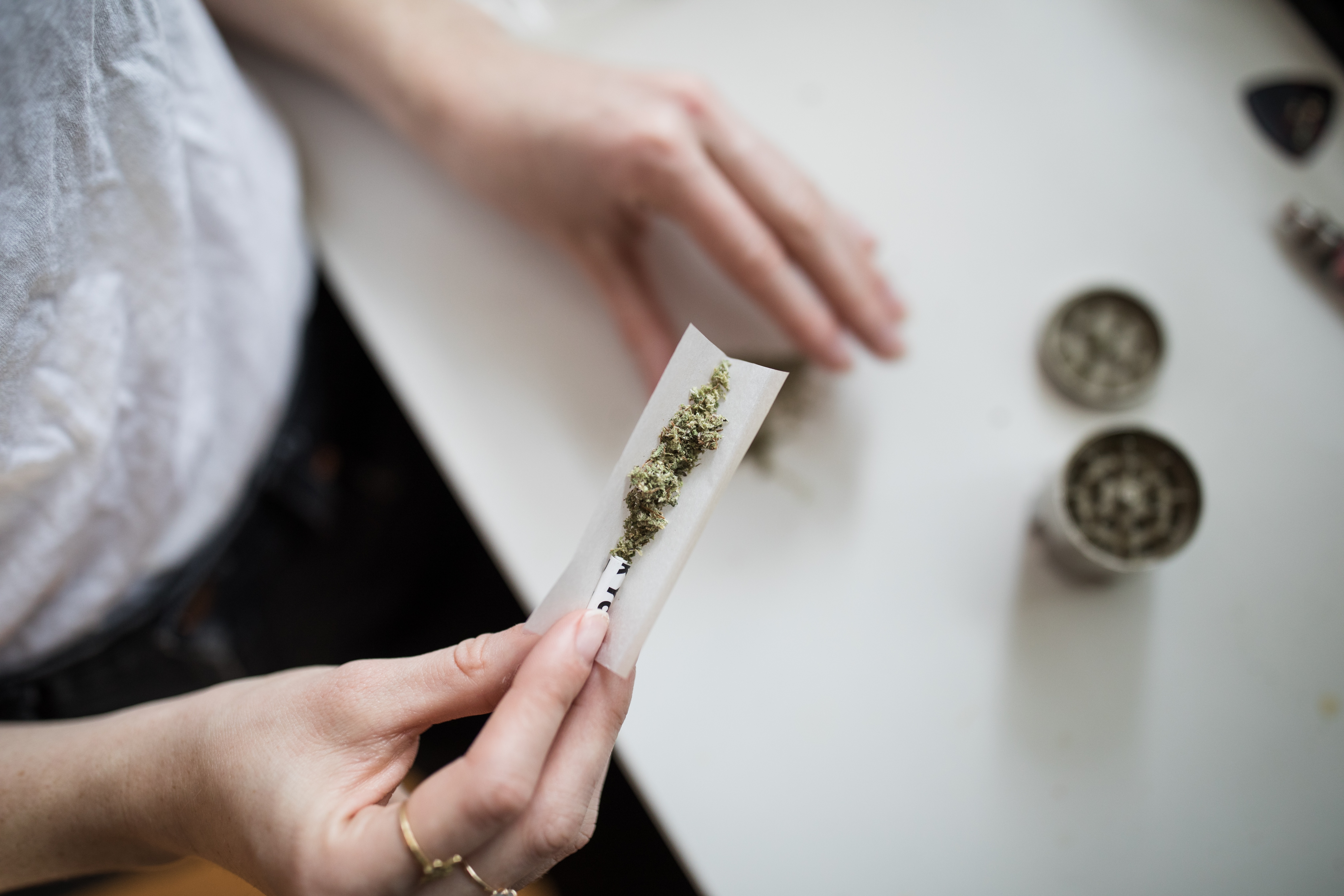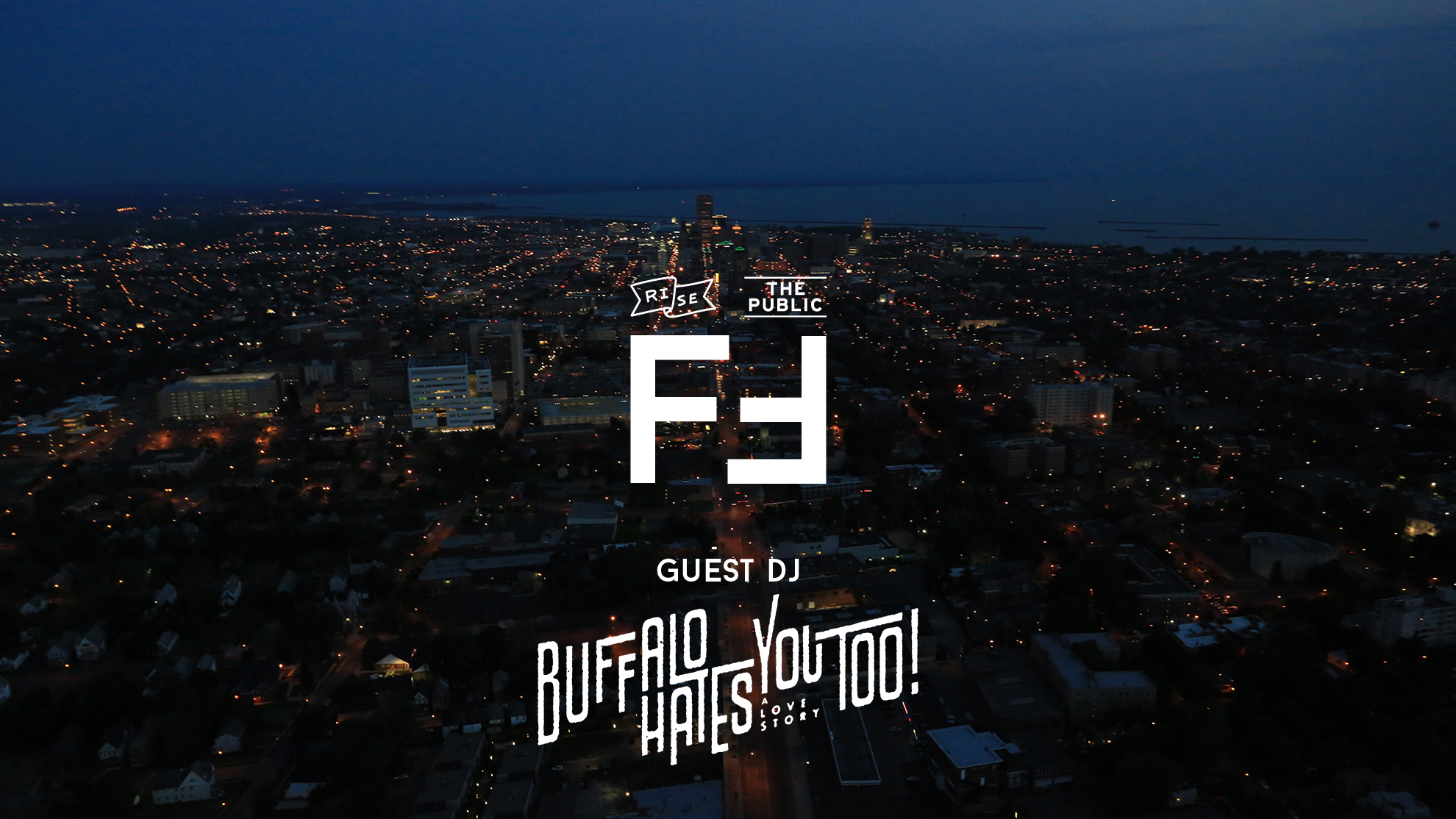Written by Kevin Heffernan in collaboration with Kevin M Stadelmaier, Legal Aid Bureau of Buffalo
Lead photo: Thought Catalog
Marijuana laws in New York State are changing rapidly.
This past legislative session, an incredible bill was on the table to completely legalize recreational marijuana, invest in communities ruined by a pointless drug war, allow small business owners and individuals to compete against the millionaires who were primed to dominate the legal market, expunge records of those convicted by what has been unjust law enforcement and more. It didn’t pass. Despite a democratic majority in both legislative chambers, some representatives were skeptical of the investments in communities of color that the legislation proposed. The fight continues, but the state made some piecemeal changes to help right its wrongs in the meantime.
Before we dive into what is happening to the average marijuana smoker, and the average person affected by the war on drugs, we should say that cannabis is not for everyone. This is not an outright endorsement of it for fun or for your health. But, we can say that the previous laws were unjust, they affected communities of color almost exclusively, and they were based on racism and fear, not science. So we are happy to see New York moving forward into the 21st century, with an eye for justice along with common sense. Cheers to next legislative session when we hopefully get it complete.
We reached out to the folks at Legal Aid Bureau of Buffalo to talk about their efforts to get people out of jail and their records expunged, as well as what the every day user of cannabis should know about their new rights.
Special thanks to Kevin Stadelmaier for answering our many questions:
The new marijuana legislation does two major things
First, the Decriminalization provisions.
The new statute alters the threshold for marijuana possession to be considered a criminal offense. Previously, possession of more than 25 grams of marijuana was a violation. Penalties ranged from $100 fine up to 15 days in jail for multiple offenses. Possession of any amount of marijuana “in public view” was a “B” Misdemeanor punishable by up to 90 days in jail.
Under the new law, possession of up to 1 ounce is a violation level offense. Fines are now as low as $50 , but for 2 convictions in three years, it’s $200, and for 3 convictions it’s $250 or 15 days in jail.
Possession of between 1 and 2 ounces and/or possession of any amount in public view is also now a violation punishable by a fine for not more than $200.
So…the legislature has decriminalized possession of up to 2 ounces and possession of marijuana in public view. This does not mean that marijuana is legal. Marijuana is still illegal. You can still be stopped and arrested for smoking it in public (although police will be encouraged to provide appearance tickets as incarceration for these offenses will be illegal in nearly all cases). Police can still use it as a pretext for searches (smelling marijuana on a traffic stop can trigger a search for the contraband which could yield access to other areas of the vehicle) (Although states like Maryland and Vermont are now ruling smell of marijuana as no longer justifiable for a search) So…while this is a step in the right direction, it’s not a complete license to carry and smoke marijuana with impunity. Convictions still have potential collateral consequences.

Second, the statute calls for automatic expungement of past 221.05 and 221.10 marijuana convictions.
Any person convicted of a 221.05 or 221.10 offense prior to August 30th, 2019 is eligible to have their record expunged. Here are some FAQ’s we’ve developed on expungement:
Any past convictions for violation possession (PL 221.05) or “B” Misdemeanor possession (PL 221.10) which occurred before the effective date of the statute are now subject to expungement from clients past criminal records.
What is Expungement?: This means any prior 221.05 or 221.10 convictions can be completely eliminated from your criminal history. They no longer will exists as convictions. All physical records related to the convictions will be destroyed. You will no longer need to disclose them to anyone, nor will they appear on your criminal history reports.
Why is this important?: Marijuana possession convictions, even at the violation level, can have significant consequences including immigration removal, denial of federal student aid, denial or loss of employment and denial of federal housing programs. Removing these convictions will be highly beneficial.
How does this work? The statute itself calls for “automatic expungement” of these convictions. These convictions will, at some point in the future, be removed from your history without you doing anything. However, given the huge volume of these convictions statewide, it could take a very long time for the expungement to occur automatically. There hasn’t been enough communication from the Office of Court Administration or the NYS Department of Criminal Justice Services on how long this might take. However, we are looking at what could be over a million convictions since 1977 which are eligible for expungement.
Thankfully, there is a process to get the expungement faster than might be provided automatically. Under new CPL 4410.(1)(k) we can file a motion for post conviction relief to get the records expunged sooner than might be provide by the automatic provisions. We have already worked out a procedure with the Erie County District Attorney John Flynn and the Chief Judge Buffalo City Court, Craig D. Hannah for expedited processing and filing of these motions for people that need them. Our website http://www.legalaidbuffalo.org contains information on this process. Once we obtain the order for expungement, we’ll send same to the Office of Court Administration and DCJS to have the records pulled and destroyed and all NCIS reports scrubbed of the prior convictions.
Who is eligible for faster expungement?: Any person with a 221.05 or 221.10 conviction which pre-dates the effective date of the statute is eligible (1977 to 2019). If you have one of these convictions and are presently having immigration issues, issues obtaining housing, issues applying for employment, issues applying for student aid, or simply just want to try and clear the conviction sooner, should contact us for this expedited expungement.
When does this begin: We can begin filing the motions for expungement on August 30th, 2019.
– –
Have fun. Be safe. Know your rights.





